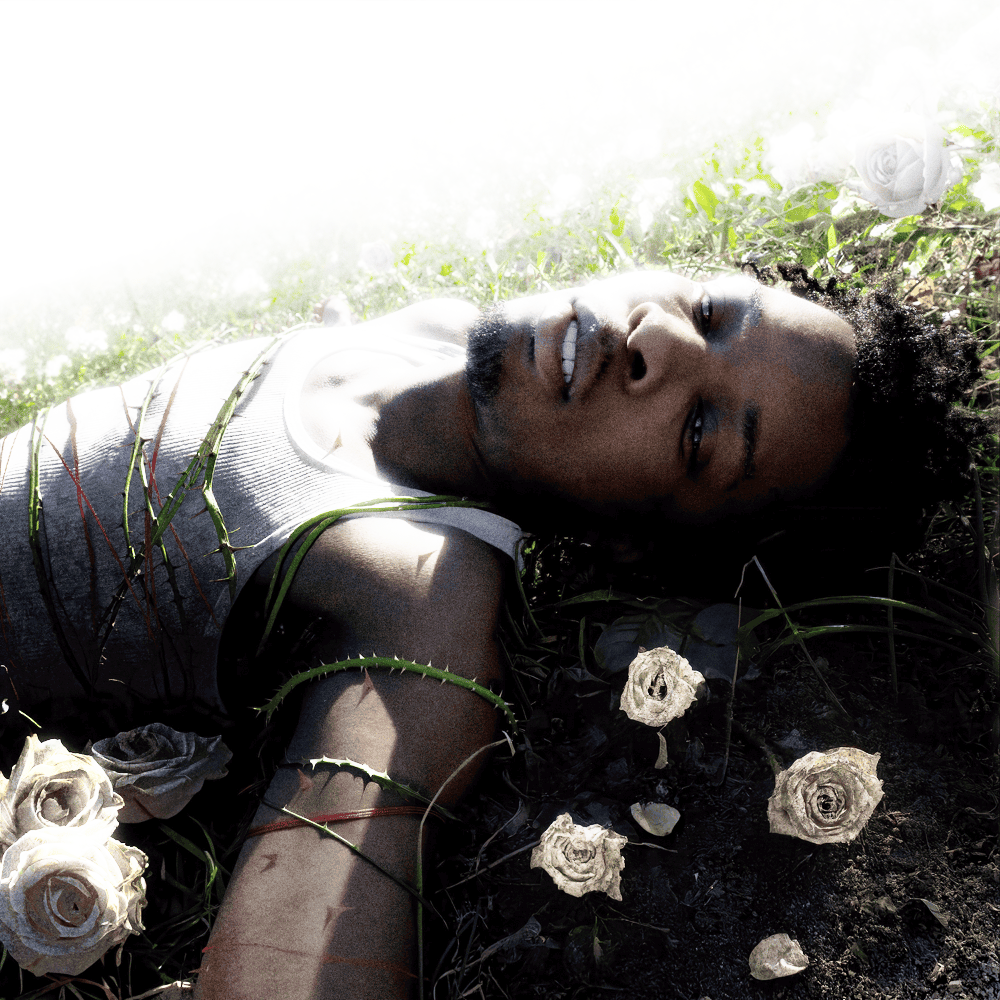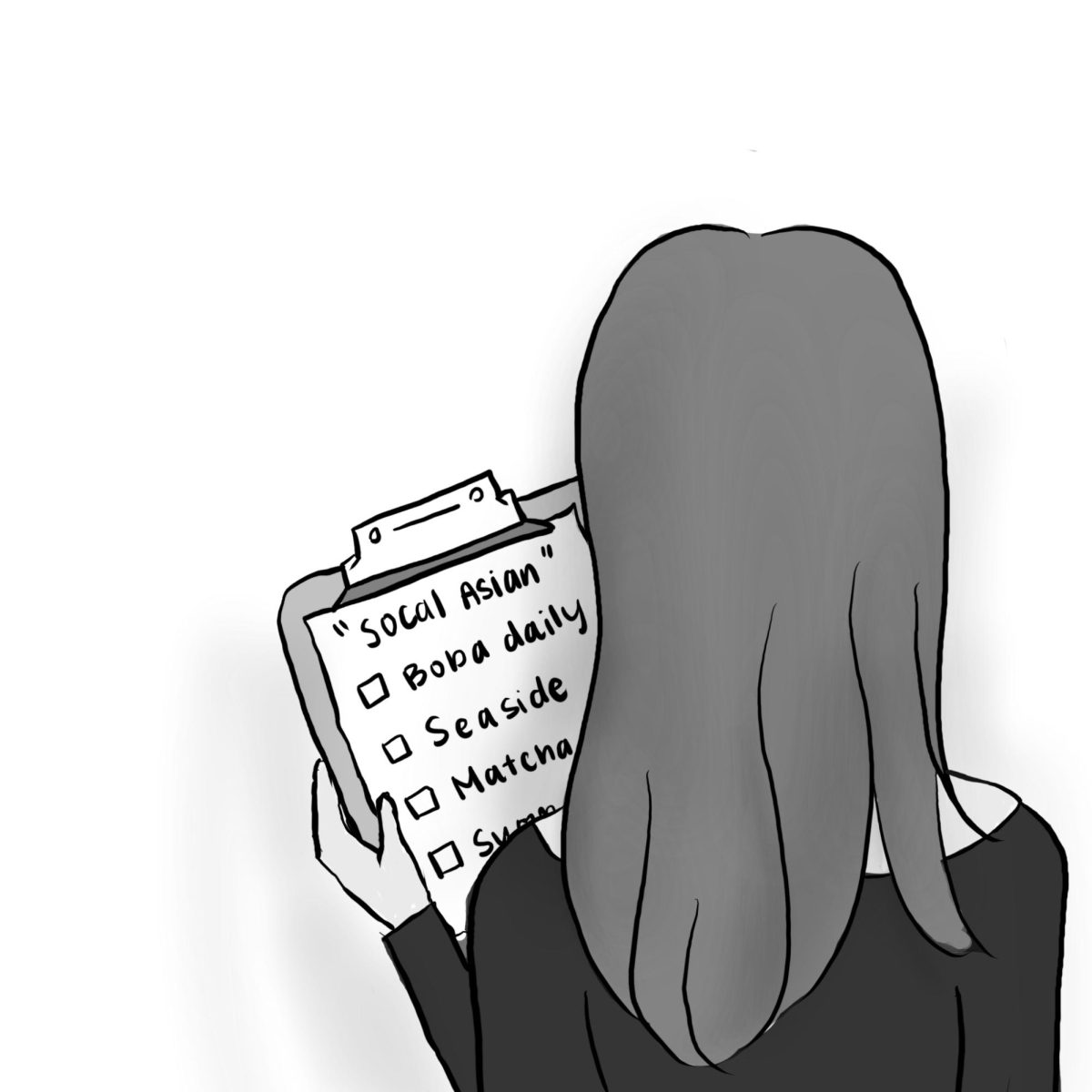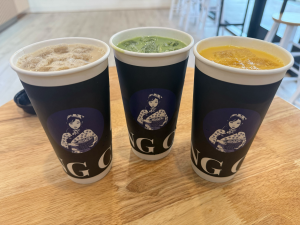Issue 2 Editorial: The music of controversial artists
November 1, 2022
Rapper Kanye West’s ongoing social media tirades espousing anti-semitic conspiracy theories spurred hate groups to demonstrate around LA for the past month. In consequence, West was banned from Twitter and momentarily removed from Instagram, and according to West’s Instagram, he “lost 2 billion dollars in one day” as prominent brands such as Gap, Balenciaga, Hollywood talent agency CAA and Adidas cut ties with him.
Though companies have only started to hold West accountable, this isn’t his first offense: in 2018, he stated during a TMZ interview, “When you hear about slavery for 400 years … For 400 years? That sounds like a choice.” At his Paris fashion show this month, he wore a shirt printed with “White Lives Matter,” a term coined by Neo-Nazi groups as a response to the Black Lives Matter movement.
We at the Hoofprint believe that while it is possible to enjoy art by problematic people, it is paramount to evaluate such art with thoughtful consideration and recognition of the artist’s wrongdoings. It’s convenient for those who enjoy his music to write off West’s repeated pattern of inexcusable behavior as being separate from his art, often praised for its creative mastery. Even so, because West centers much of his songwriting around race and identity, his blatant racism makes it innately difficult to empathize with his music. By the same token, while singer-songwriter Alexander James O’Connor, who goes by the pseudonym Rex Orange County, writes about adolescence and love in his songs, the sentimentality of his music is tainted by recent allegations of him sexually assaulting a woman on six separate counts.
Streaming giants have not pulled West’s music because, according to Spotify CEO Daniel Ek, “It’s really just his music, and his music doesn’t violate our policy.” However, it’s not really just his music, especially after he’s lost his brand deals and relies on streaming services and their users to bolster his influence. After all, the issue doesn’t lie with West’s misinformed, borderline sensational opinions — everyone is entitled to their own ideas — rather that he abuses his social power gained from his music to embolden hate groups that agree with him. Put on a pedestal for his music, West’s hateful tirades are detrimental to the marginalized groups which he targets.
While we can choose not to boycott West’s music out of personal preference, to dismiss or justify his actions is unacceptable. West is not a “victim” of cancel culture, an accusation of fans unwilling to stop listening to their favorite artist. Whereas cancel culture fails to hold celebrities accountable for their mistakes by relentlessly shaming them, the general response from brands against West is warranted because of his incessant, repugnant misconduct.
When to make a distinction between art and artist is circumstantial. However, it is the possession of power — whether social or financial — that enables artists to perpetuate bigotry, exempting their art from consequence and holding on to their power.









